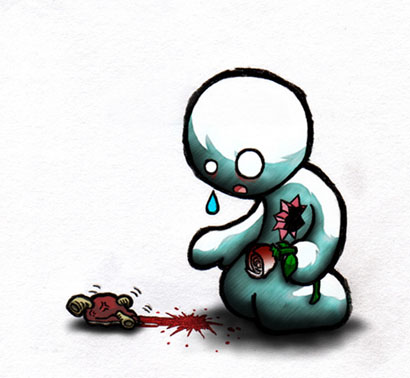
1. Law of conservation of mass (Lavoiser law)
"The mass of a substance before and after the reaction is the same".
If a burning combustion products will be equal to the mass of the substance before it burned.

2. Comparative law remains (law Proust)
"Comparison of the mass of elements in each compound is fixed".
3. Multiple comparisons of law (the law of Dalton)
- Atoms are the smallest parts of matter and can not be split (indivisibel) and has the form of massive (not hollow) and is a solid object.
- Atoms of the same elements of similar nature while the atoms of different elements have different properties.
- Atom can not be created and destroyed or transformed.
- Atoms can combine to form a molecule.
- The relative amount and type of an atom in a compound is fixed.
Multiple comparisons law reads:
"If the two elements can form two or more compounds, and the mass of one of the elements together, then the second element of the mass ratio compared as integers and simple".

4. Ideal gas law
For the ideal gas law or an ideal gas is considered to apply the formula:
PV = nRT
P = pressure (atmospheric)
V = volume (liters)
n = moles
R = gas constant (liter atm / mL K)
T = temperature (kelvin).
No comments:
Post a Comment